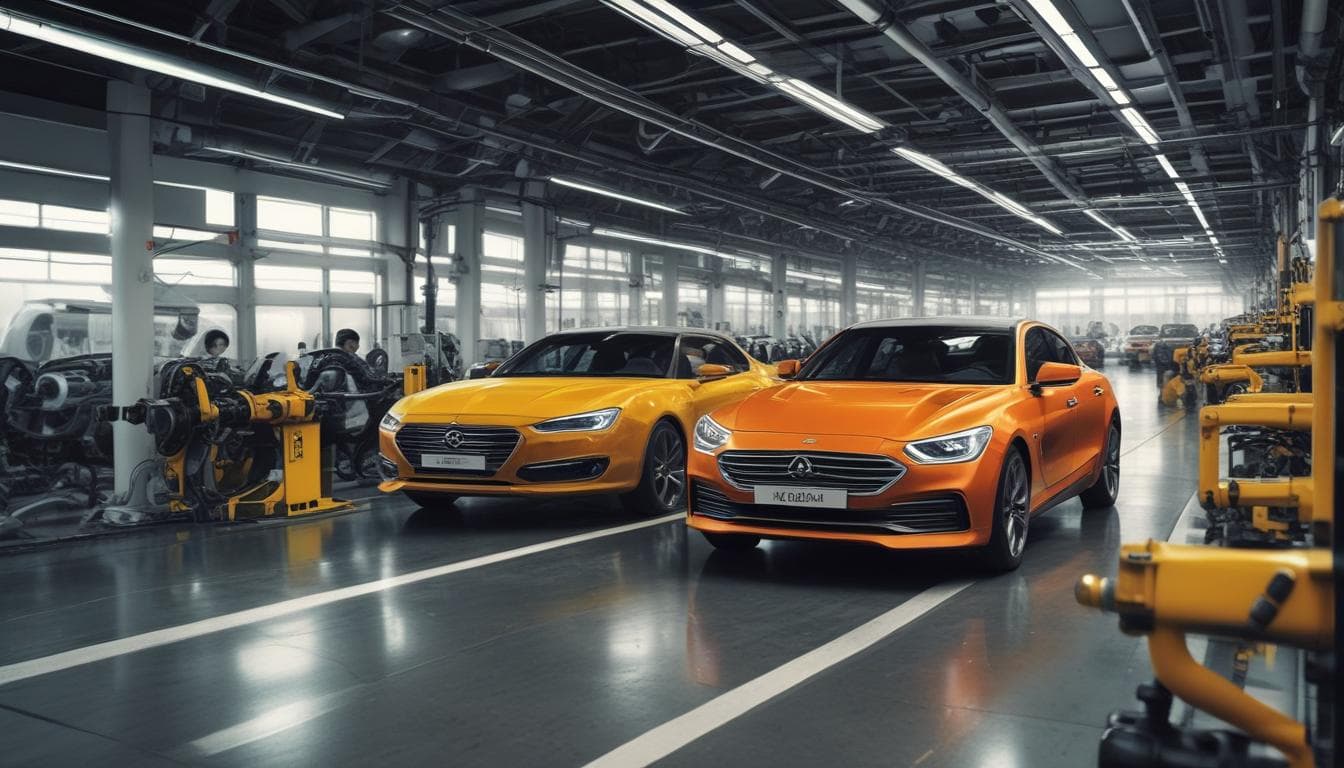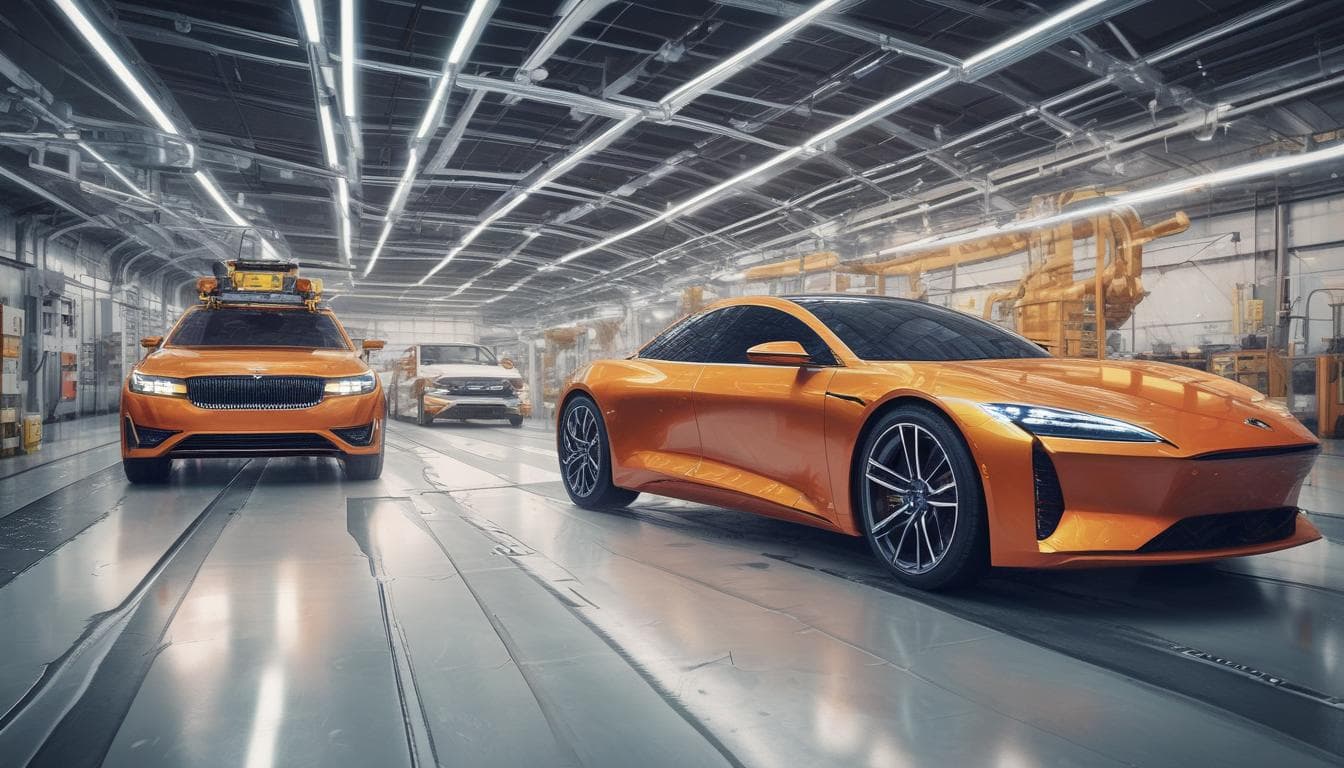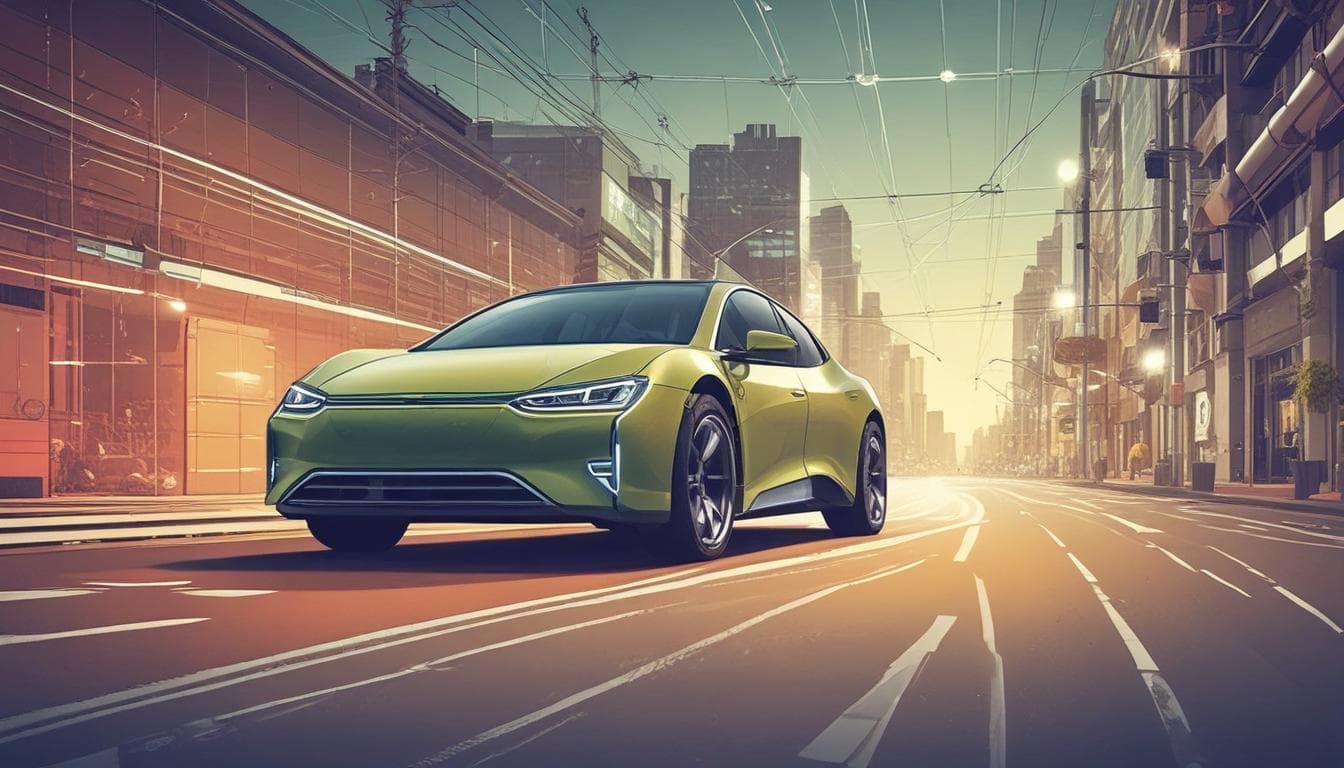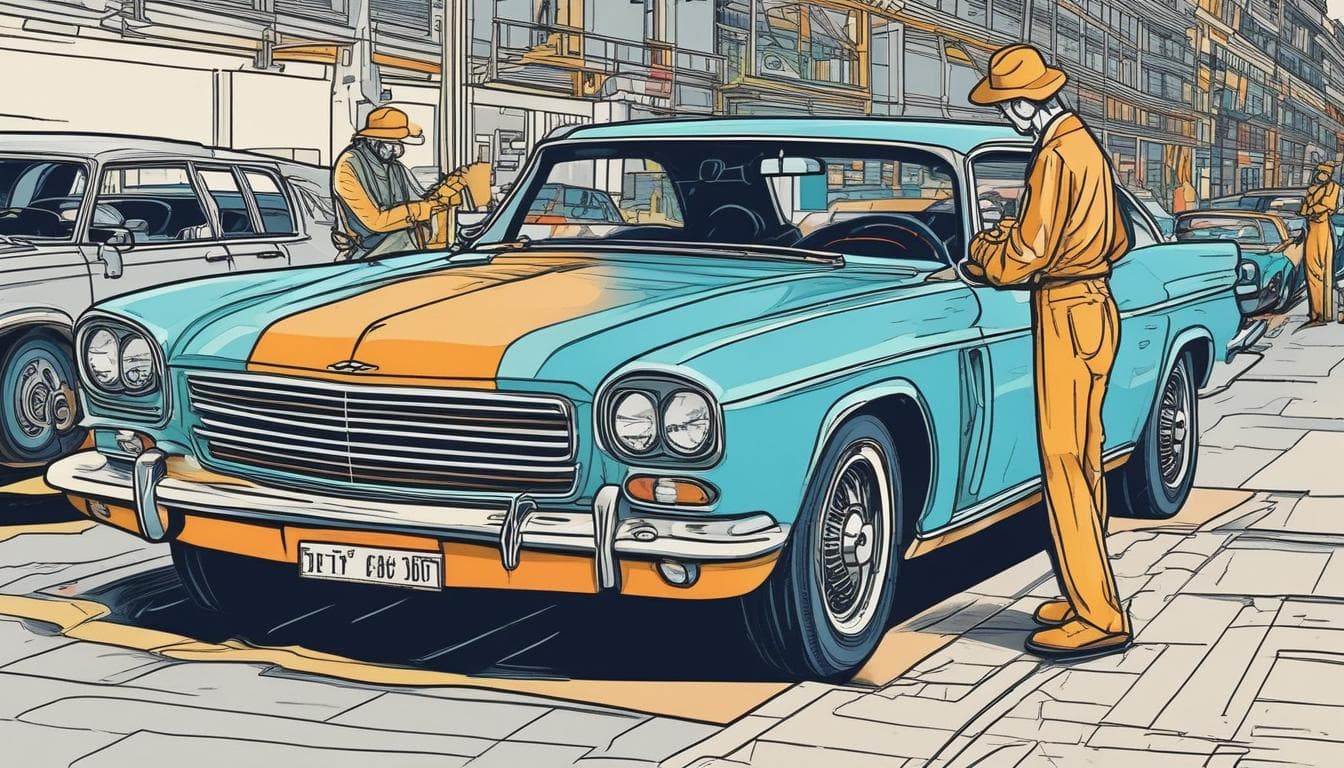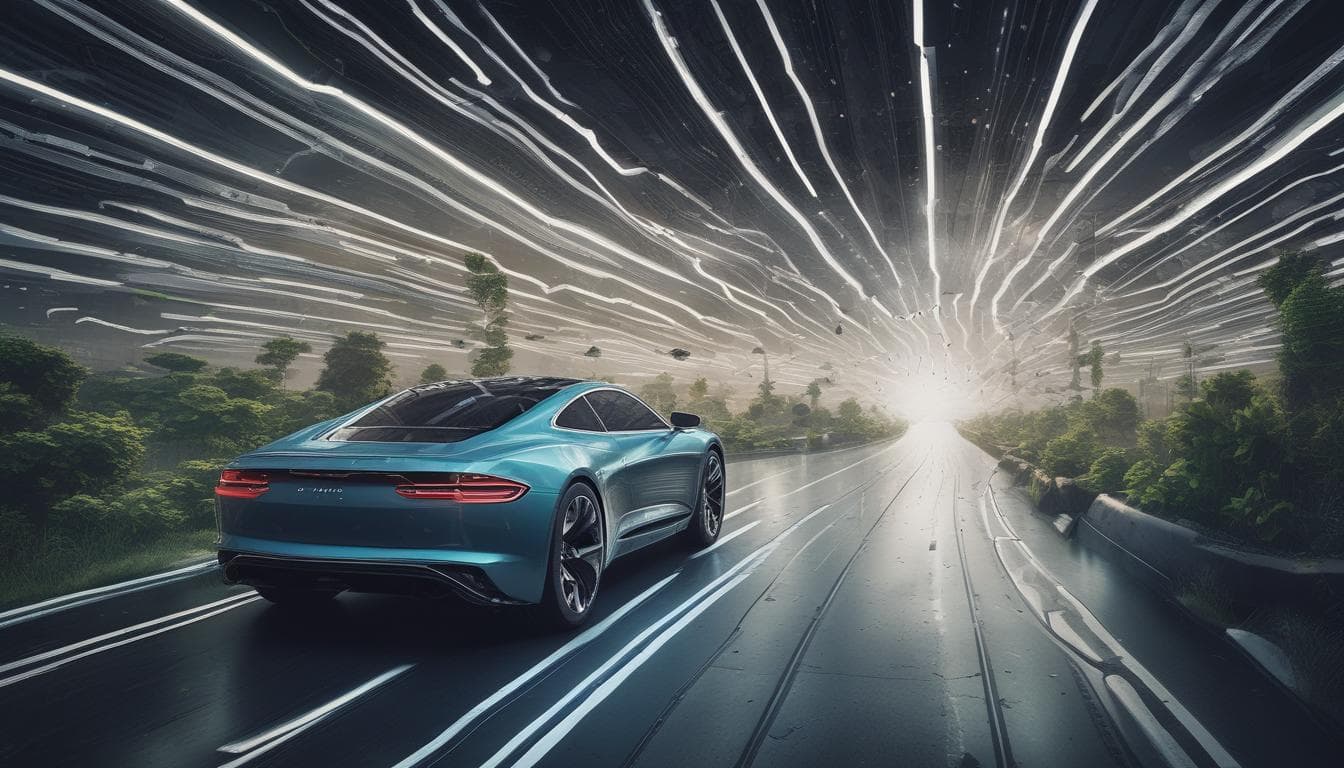With the increasing sophistication of AI in vehicles, how might the relationship between drivers and their cars evolve? Could cars become trusted companions, personalized assistants, or even extensions of our identities? What are the potential benefits and drawbacks of such a close human-car connection?
As we witness the integration of AI into vehicles, the evolution of the driver-car relationship could reshape our daily interactions significantly. Here are a few perspectives on how this transformation might unfold:
The Evolution of Relationship
-
Trusted Companions: With advanced AI, cars can become more than just modes of transport. They could act as companions that learn our preferences and habits over time. For instance, imagine a car that knows when to play your favorite playlist or adjust the temperature based on your mood.
-
Personalized Assistants: Much like personal devices, future vehicles may offer tailored experiences. Think of it as having a co-pilot that anticipates your needs—reminding you of appointments, suggesting optimal routes, and even helping manage vehicle maintenance schedules.
-
Extensions of Our Identities: As customization becomes more pronounced, cars may reflect our personal styles even more distinctly. Features might include personalized user interfaces that adapt to individual drivers, making the vehicle a true extension of who we are.
Benefits
- Enhanced Convenience: With automation, drivers could save time and reduce stress, allowing for a better overall driving experience.
- Safety Features: AI can assist in collision avoidance, monitoring blind spots, and providing real-time updates about road conditions, potentially lowering accident rates.
- Improved Social Interaction: As cars become more engaging, drivers may find themselves having a unique relationship with their vehicles, akin to friendships, which could positively impact mental wellbeing during drives.
Drawbacks
- Dependence on Technology: The more we rely on our cars' AI, the less we may engage in manual driving, leading to a decrease in driving skills over time.
- Privacy Concerns: The data collected by vehicles to personalize experiences might raise issues regarding user security and data privacy. Drivers may need to consider how their information is used and shared.
- Emotional Attachment: While forming bonds with inanimate objects can be comforting, over-attachment to a vehicle may lead to issues when it becomes outdated or when a replacement is necessary.
Conclusion
The relationship between drivers and cars is set to become more nuanced and multifaceted. As we embrace these changes, it will be essential to balance the positive advancements with potential pitfalls. Continuous dialogue about technology's role in our lives will keep us aware of both its benefits and challenges, paving the way for an exciting automotive future.
이 주제에 대해 더 알아보기
대화에 참여하기
- 자율주행 시대: 예측, 단리, 그리고 산업 발전 방향
자율주행 기술의 발전이 자동차 산업 생태계에 미치는 영향과 기대되는 변화에 대한 토론입니다. 자율주행 시장의 미래와 발전 방향에 대한 여러분의 통찰력을 공유하세요.
- 자율주행 시대에 대한 회의적 시각과 미래 자동차 산업
자율주행 기술의 발전과 함께 회의적인 시각도 존재합니다. 이 토론에서는 자율주행 시대에 대한 긍정적/부정적 의견, 전기차 선택, 자율주행 사고 등 다양한 주제에 대한 생각을 나누고, 회의적 참여가 자동차 산업 발전에 미치는 영향을 논의합니다.
- 자율 주행차가 도시의 미래를 어떻게 바꿀까요?
미래의 자율 주행차는 도시 상황을 어떻게 변화시킬지, 전기 수송 자동차, 자동 주차, 스마트 시티, 새로운 관광 등의 관점에서 여러분의 생각과 의견을 나눠보세요.
